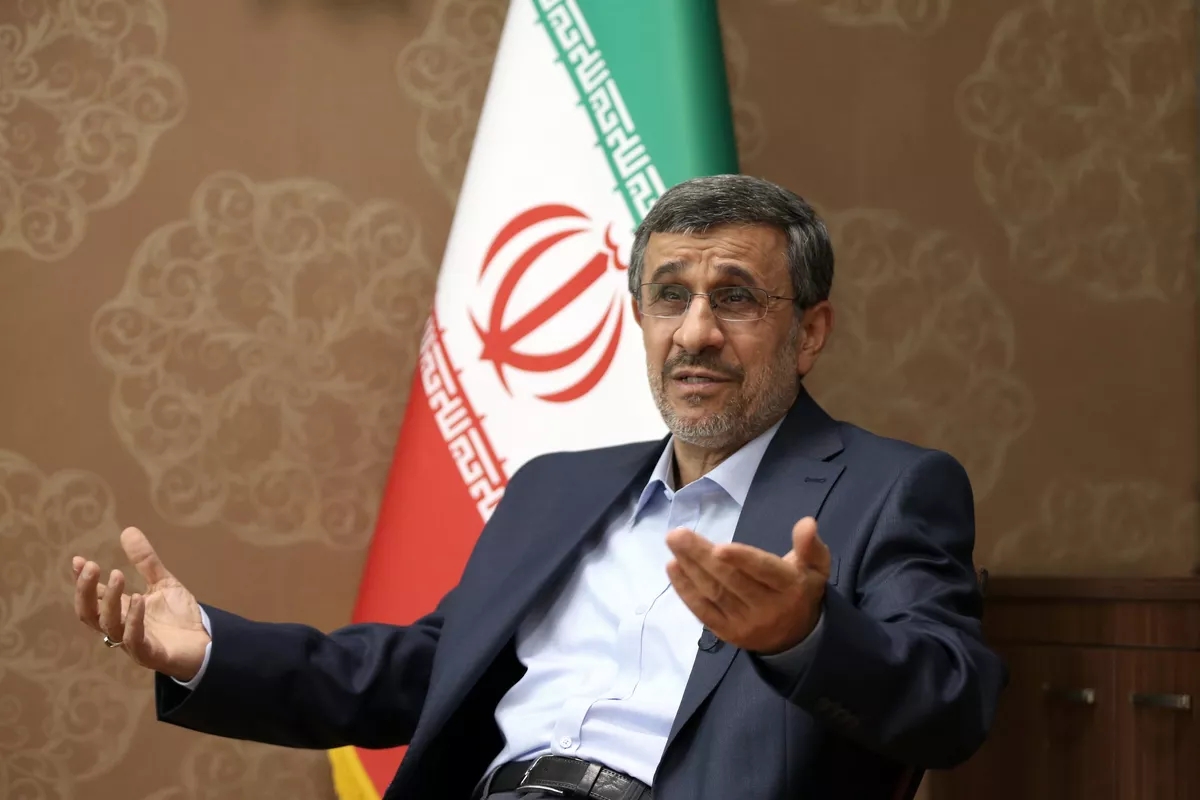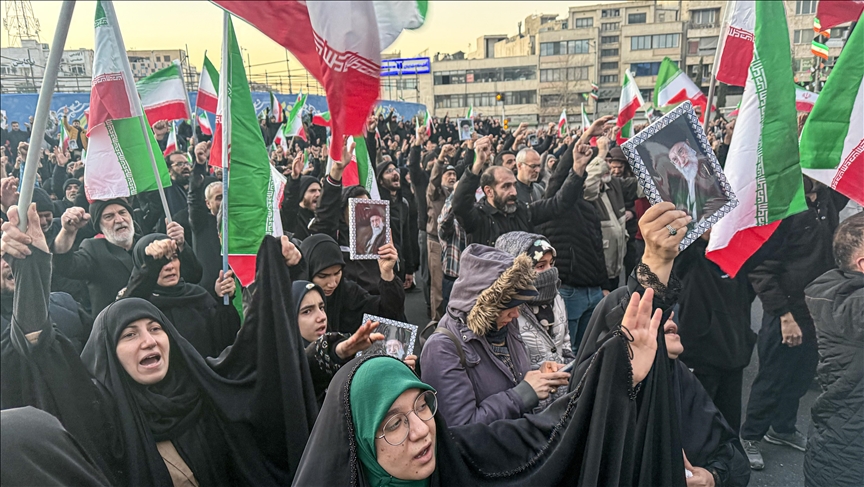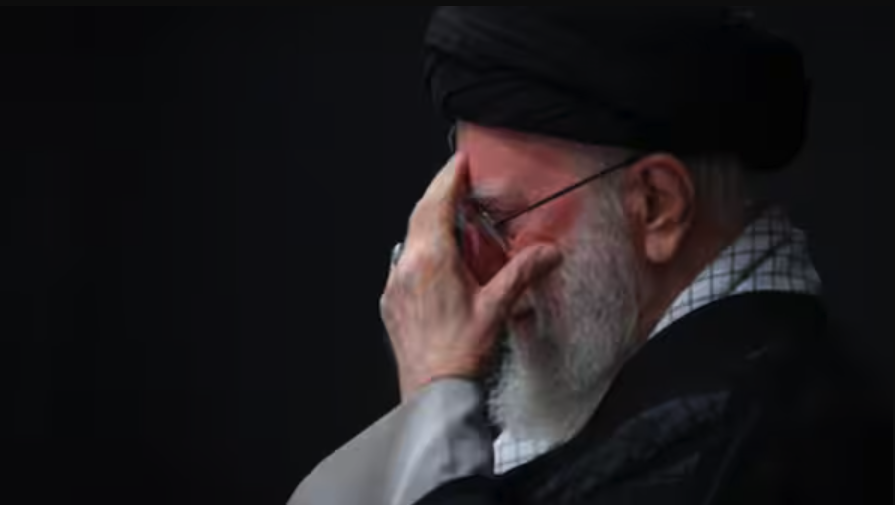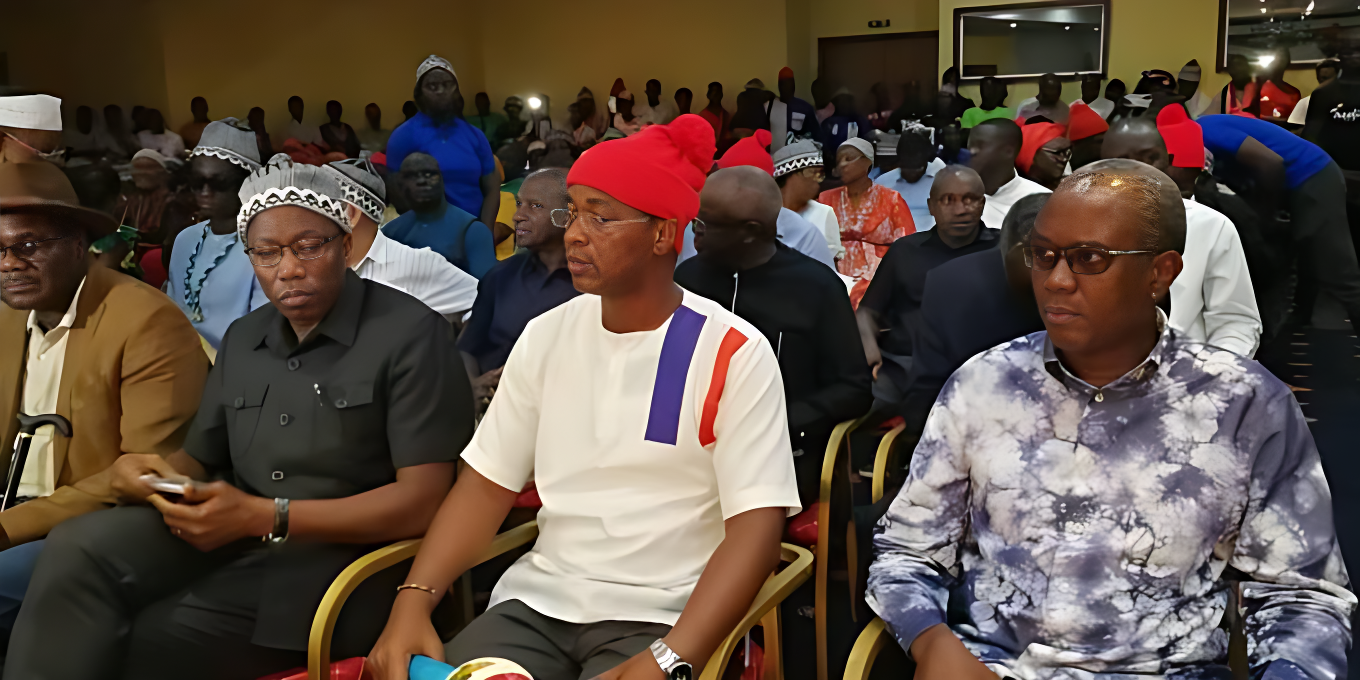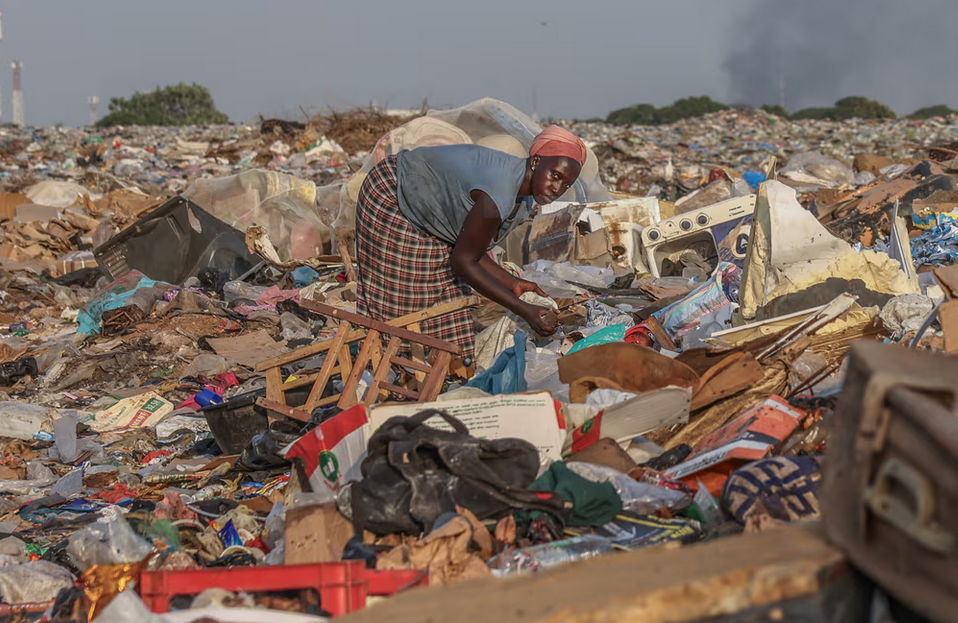Gambiaj.com – (BANJUL, The Gambia) – Traveling through The Gambia, the pervasive sight and smell of burning plastic from makeshift dumpsites offer a stark reminder of the nation’s waste crisis. Outside tourist hotspots, beaches and waterways are choked with plastic, a growing environmental and public health concern.
The country has long grappled with plastic pollution, enacting laws such as the 2007 anti-littering regulation and a 2015 plastic bag ban. Yet, enforcement has been lax, and the problem persists. Now, The Gambia is attempting a more comprehensive approach. In October, it unveiled a 10-year National Action Plan to eliminate plastic pollution. The strategy, developed in collaboration with UK-based Common Seas, aims to reduce plastic waste by 86% through infrastructure improvements, stringent law enforcement, and public education.
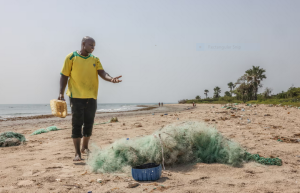
“Our water bodies, our rivers, our oceans are choking,” says Lamin Jassey, a conservationist with 15 years of experience. He supports the initiative but warns of its limited impact if it remains “beautiful on paper.”
Struggles on the Ground
At Bakoteh landfill in Serekunda, the country’s largest waste site, the plan’s ambitious goals feel distant. Ajie Fana, a waste picker, sifts through steaming garbage to support her family. “We will wait to see whether the authorities will create meaningful opportunities for income so we can leave this plastic waste collection,” she says.
The informal recycling economy sustains many like Fana. Makang Gassama, another picker, earns around £40 a month by collecting and selling bottles. Without protective gear, he endures toxic exposure daily. “It’s a nice system, and it gives self-employment,” he says, though he worries about losing income if plastic disappears entirely.
A Systemic Challenge
The Gambia generates nearly 23,000 tonnes of plastic waste annually, with three-quarters ending up in nature. This figure is projected to rise by 42% over the next decade, according to Common Seas. Despite the introduction of measures like a phased ban on single-use plastic bottles and improved access to drinking water to curb disposable sachets, implementation hurdles loom large.
Financing remains a major concern, with the plan’s estimated cost exceeding $6 million. Dr. Dawda Badgie, executive director of the National Environment Agency, acknowledges the challenge but remains optimistic. “It is ambitious, but ambition builds the world,” he says.
Experts like Vicky Rollinson of WasteAid UK highlight coordination gaps among NGOs and underfunded municipalities. Meanwhile, grassroots organizations like Precious Plastics and Women’s Initiative Gambia are leading innovative efforts, turning waste into products like handbags and household items.
A Personal Toll
For some, the fight against plastic pollution is deeply personal. Amie Sonko, a trained plastics picker, lost her daughter to heart disease linked to inhaling toxic fumes from burning plastics. Today, she educates communities about recycling while collecting plastic from beaches.
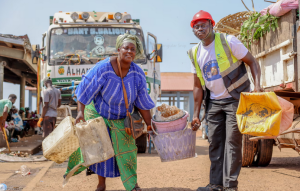
“Some people used to mock us, saying, ‘You have no job if you are doing plastics,’” she says. “Now they know there’s money in it.” With support from WasteAid UK, Sonko and her collective earn around £100 per tonne of recycled plastic, helping sustain their families.
A Global Problem with Local Solutions
The Gambia’s action plan aims to hold producers accountable for waste management, but questions remain about ensuring a “just transition” for informal workers like Sonko and Gassama. As Common Seas’ Thais Vojvodic notes, downstream approaches like recycling are vital but insufficient. “Are you going to start mopping, or are you going to close the tap?” she asks, pointing to the need to curb global plastic production.
With international talks on plastic pollution stalled, The Gambia’s roadmap stands as a bold, if uncertain, attempt to address an escalating crisis. For many Gambians, the stakes couldn’t be higher.



